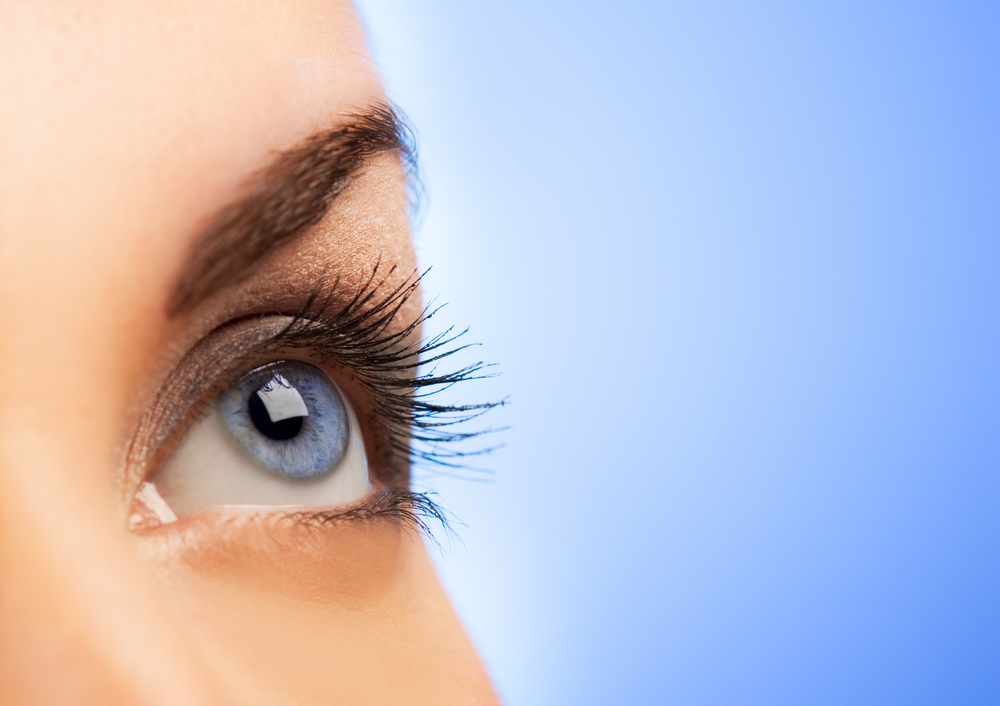Surprising Cause Found for Woman's Wonky Pupils

Get the world’s most fascinating discoveries delivered straight to your inbox.
You are now subscribed
Your newsletter sign-up was successful
Want to add more newsletters?

Delivered Daily
Daily Newsletter
Sign up for the latest discoveries, groundbreaking research and fascinating breakthroughs that impact you and the wider world direct to your inbox.

Once a week
Life's Little Mysteries
Feed your curiosity with an exclusive mystery every week, solved with science and delivered direct to your inbox before it's seen anywhere else.

Once a week
How It Works
Sign up to our free science & technology newsletter for your weekly fix of fascinating articles, quick quizzes, amazing images, and more

Delivered daily
Space.com Newsletter
Breaking space news, the latest updates on rocket launches, skywatching events and more!

Once a month
Watch This Space
Sign up to our monthly entertainment newsletter to keep up with all our coverage of the latest sci-fi and space movies, tv shows, games and books.

Once a week
Night Sky This Week
Discover this week's must-see night sky events, moon phases, and stunning astrophotos. Sign up for our skywatching newsletter and explore the universe with us!
Join the club
Get full access to premium articles, exclusive features and a growing list of member rewards.
When the pupil of one eye, but not the other, dilates abnormally or does not respond to light, doctors might suspect a nerve problem, or an aneurysm.
But in the case of one 35-year-old woman with an abnormally dilated pupil, the culprit turned out to be an over-the-counter medication she was using to treat her facial perspiration, according to a report on her case.
The woman's spouse was a paramedic, and had noticed that one of her pupils was dilated when she woke up that morning. Doctors in the emergency room found that her left pupil measured 4 millimeters across, and responded to light. But her right pupil was twice that size, and didn't respond to light.
She also had a mild headache, but no eye pain, trauma to her eye or change in vision. She initially reported that she was not taking any medications. About a year earlier, she'd suffered chronic headaches and had been diagnosed with a benign cyst on her brain, but a new MRI showed the cyst hadn't grown, and so could not explain her pupil problem.
After further questioning, the patient said she regularly used medicated wipes to control hyperhidrosis, or excessive sweating, on her scalp and forehead. The wipes contained a drug called glycopyrrolate, and were purchased from a Canadian pharmacy.
The woman stopped using the wipes, and by the next day, her pupil had returned to normal.
The drug works by blocking a chemical, called acetylcholine, which is involved in nerve signaling, Dr. Clare Johnson and Dr. Janet Smereck, both of the emergency medicine department at Georgetown University Hospital in Washington, D.C., wrote in their findings.
Get the world’s most fascinating discoveries delivered straight to your inbox.
The nerve signals to the sphincter muscle that controls the pupil were likely affected by the drug, causing the dilation, they said.
Emergency room doctors should be aware that all medications — including topical treatments, and those used for cosmetic reasons — may cause side effects, the researchers said.
The report was published online Nov. 19 in the Journal of Emergency Medicine.
Pass it on: An anti-perspiration drug may cause pupils to dilate.
This story was provided by MyHealthNewsDaily, a sister site to LiveScience. Follow MyHealthNewsDaily on Twitter @MyHealth_MHND. We're also on Facebook & Google+.

 Live Science Plus
Live Science Plus










